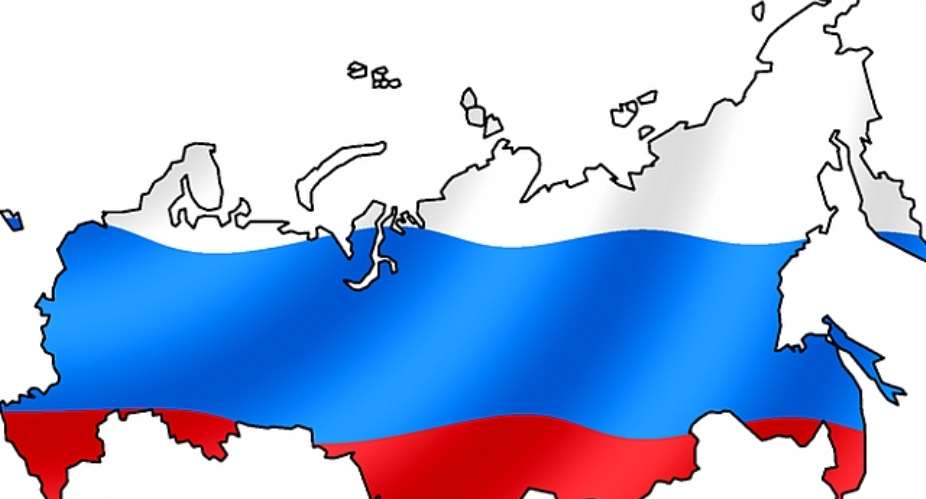Europe and America were defeated and stood by but they later claimed victories.
1939 Soviet liberation of Poland; Battle of Lwów; Battle of Wilno; Battle of Grodno; Battle of Szack; Battle of Wytyczno.
The Battle of Stalingrad (23 August 1942 - 2 February 1943) was a major battle of World War II in which Nazi Germany and its allies fought the Soviet Union for control of the city of Stalingrad (now Volgograd) in the south-western Soviet Union. Marked by constant close quarters combat and disregard for military and civilian casualties, it is amongst the bloodiest battles in the history of warfare.
The heavy losses inflicted on the Wehrmacht make it arguably the most strategically decisive battle of the whole war. It was a turning point in the European theatre of World War II-the German forces never regained the initiative in the East and withdrew a vast military force from the West to reinforce their losses.
On 19 November 1942, the Red Army launched Operation Uranus, a two-pronged attack targeting the weaker Romanian and Hungarian forces protecting the German 6th Army's flanks The Axis forces on the flanks were overrun and the 6th Army was cut off and surrounded in the Stalingrad area.
Adolf Hitler ordered that the army stay in Stalingrad and make no attempt to break out; instead, attempts were made to supply the army by air and to break the encirclement from the outside. Heavy fighting continued for another two months. By the beginning of February 1943, the Axis forces in Stalingrad had exhausted their ammunition and food.
The remaining elements of the 6th Army surrendered. The battle lasted five months, one week, and three days.
Battle of Smolensk 1943. The Soviets attack 850,000 German troops near Smolensk fortified region, drive them back inflicting severe losses.
Battle of Kiev (1943) Kiev retaken by Soviets.
Operation Bagration (1943) Soviet offensive destroys German Army Group Center on the Eastern Front.
Battle of Debrecen. Soviets gain ground in Hungary but German and Hungarian forces manage to withdraw relatively intact after both sides suffer similar losses.
1st, 4th, and 2nd Ukrainian Fronts of the Soviet Army crushed the last concentration of German troops (over 1,000,000 men in two army groups) in southeastern Germany and Czechoslovakia. These troops were Army Group Centre and the remnants of Army Group Ostmark.
The Battle of Berlin, designated the Berlin Strategic Offensive Operation by the Soviet Union, was the final major offensive of the European Theatre of World War II.
Starting on 12 January 1945, the Red Army breached the German front as a result of the Vistula-Oder Offensive and advanced westward as much as 40 kilometres (25 miles) a day through East Prussia, Lower Silesia, East Pomerania, and Upper Silesia, temporarily halting on a line 60 km (37 mi) east of Berlin along the Oder River.
When the offensive resumed, two Soviet fronts (army groups) attacked Berlin from the east and south, while a third overran German forces positioned north of Berlin. The Battle in Berlin lasted from 20 April until the morning of 2 May.
By 23 April the Red Army had completely surrounded Berlin, and Goebbels made a proclamation urging its citizens to defend the city. That same day, Göring sent a telegram from Berchtesgaden, arguing that since Hitler was isolated in Berlin, he, Göring, should assume leadership of Germany. Göring set a deadline after which he would consider Hitler incapacitated. Hitler responded by having Göring arrested, and in his last will and testament, written on 29 April, he removed Göring from all government positions.
On 28 April Hitler discovered that Himmler, who had left Berlin on 20 April, was trying to discuss surrender terms with the Western Allies. He ordered Himmler's arrest and had Hermann Fegelein (Himmler's SS representative at Hitler's HQ in Berlin) shot.
On 30 April 1945, after intense street-to-street combat, when Soviet troops were within a block or two of the Reich Chancellery, Hitler and Braun committed suicide; Braun bit into a cyanide capsule and Hitler shot himself.





 Meta releases new version of conversational AI across its platforms
Meta releases new version of conversational AI across its platforms
 Cape Town named Africa’s Best Airport 2024 by Skytrax
Cape Town named Africa’s Best Airport 2024 by Skytrax
 Bono East: Four injured after hearse transporting corpse crashes into a truck
Bono East: Four injured after hearse transporting corpse crashes into a truck
 ‘Be courageous, find your voice to defend our democracy’ — Sam Jonah urges journ...
‘Be courageous, find your voice to defend our democracy’ — Sam Jonah urges journ...
 Exodus of doctors, nurses and teachers have worsened because of unserious Akufo-...
Exodus of doctors, nurses and teachers have worsened because of unserious Akufo-...
 2024 election: Avoid insults, cutting down people in search of power – National ...
2024 election: Avoid insults, cutting down people in search of power – National ...
 ‘You passed through the back door but congratulations’ — Atubiga on Prof Jane Na...
‘You passed through the back door but congratulations’ — Atubiga on Prof Jane Na...
 Government’s $21.1 billion added to the stock of public debt has been spent judi...
Government’s $21.1 billion added to the stock of public debt has been spent judi...
 Akufo-Addo will soon relocate Mahama’s Ridge Hospital to Kumasi for recommission...
Akufo-Addo will soon relocate Mahama’s Ridge Hospital to Kumasi for recommission...
 We must not compromise on our defence of national interest; this is the time to ...
We must not compromise on our defence of national interest; this is the time to ...
